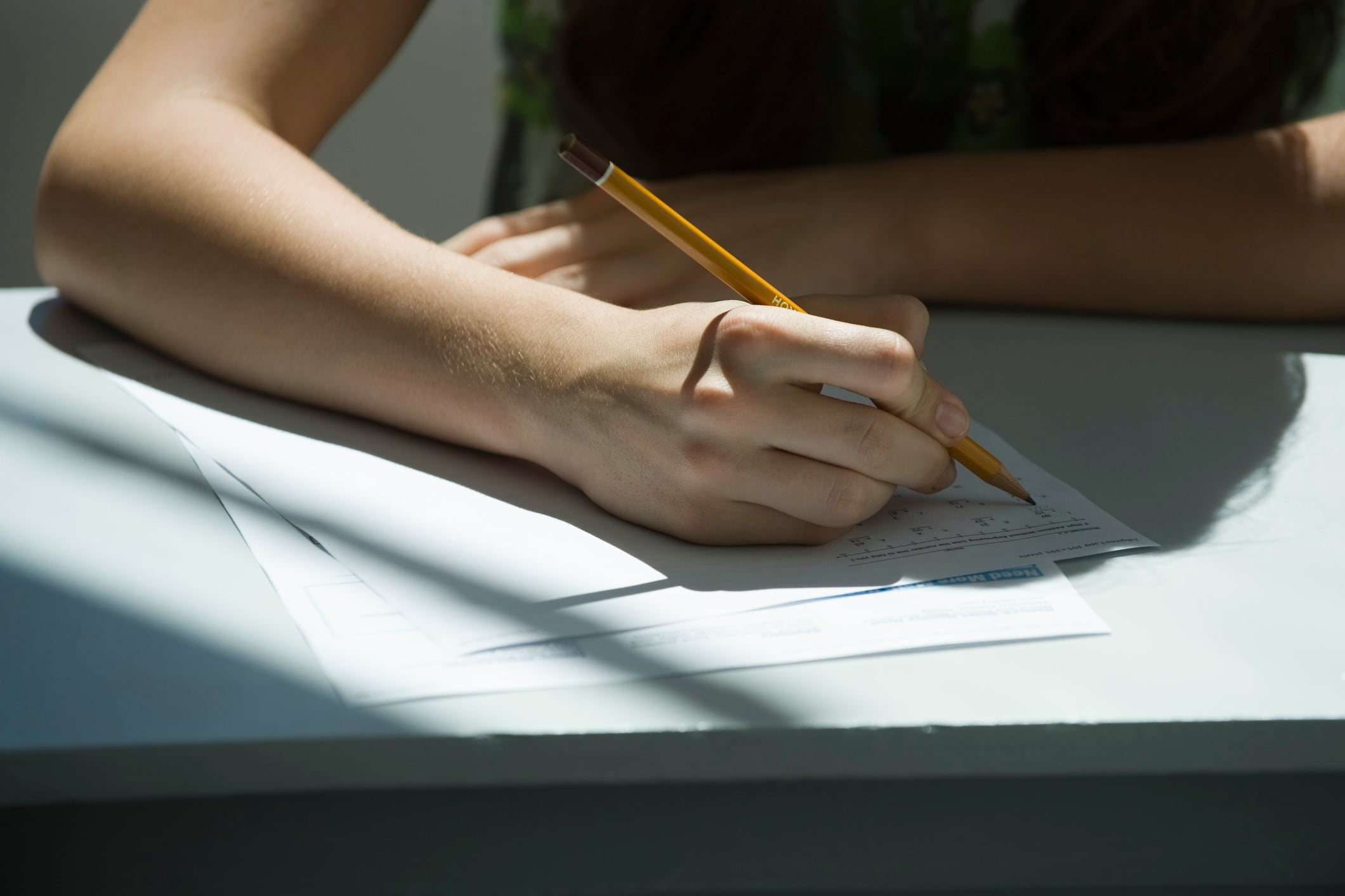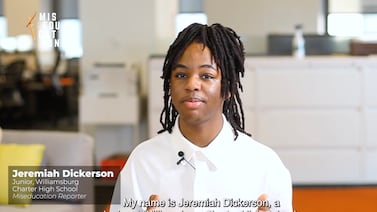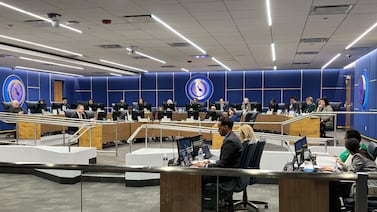For observant Muslims, the holy month of Ramadan is filled with fasting, prayer, and community. This year’s holiday overlapped with the state math tests administered to New York’s third- through eighth-graders from April 26-28, upsetting some families whose children are fasting from before sunrise to sunset.
They don’t want to see a repeat next year, when the state testing period will again likely fall during Ramadan.
At least one Queens principal told her Muslim students they could take makeup tests after several of them became “quite concerned about having to take exams at this time,” recounted state Rep. Zohran Mamdani of Astoria. But Mamdani is incensed that it falls on individual school leaders to figure out how best to support their students who are fasting.
“This should be a clear part of state policy to ensure these exams do not overlap with Ramadan,” said Mamdani, who migrated to New York from Uganda when he was 7 and is only the third Muslim elected to the state Assembly.
The dates of Ramadan, which celebrates the period when it’s believed the Quran was revealed to the Prophet Muhammad, shift annually based on the Islamic lunar calendar. This year, it began on April 1 and will end on May 2, culminating in Eid al-Fitr, the “festival of breaking fast,” which became a New York City public school holiday in 2015.
Next year, Ramadan will start 10 days earlier, lasting from March 22 until April 21. That time frame could again overlap with state English or math tests, some families worry.
Not eating from dawn to dusk could take a toll on academic performance, according to experts. Research has found that skipping breakfast is associated with decreased cognitive performance, affecting alertness, attention, problem-solving and memory, according to the National Center for Chronic Disease Prevention and Health Promotion’s Division of Population Health.
State education department officials said they try to avoid overlap with dates of religious observance as much as possible. While they make allowances for Eid al-Fitr, they don’t have the flexibility to address the entire month of Ramadan, officials explained.
They also said they seek input on draft testing schedules from school administrators at least one year in advance of posting the schedules.
Religious observance is an acceptable reason for missing the exams, state officials added, noting that students can take tests on makeup days.
Schools are administering makeup tests from April 28 to May 9, and parents can request a makeup test after Eid, starting on May 3, city education officials said.
Brooklyn mom and doctor Meryem Bencheikh-Ellis questioned the fairness and equity of such a policy.
“For retakes, do you think the conditions are going to be the same? Everything is done for all the kids that day by the school. The kids are prepped for that day,” she said. “You’re going to extract kids from their classes for a retake. You’re not going to have the exact conditions. I’m a scientist. That’s not the same experiment. For me, that’s not equity.”
Many parents are also frustrated that having their kids do makeups means they will miss out on further instructional days, and that the makeup days set their children apart because of their religious observance.
Though Bencheikh-Ellis and her older children are fasting during Ramadan, she believes that her sixth grade daughter is too young to do so. But Bencheikh-Ellis knows other families whose young children are not eating from 4:30 a.m. until 8 p.m., while some children might be fasting for half the day. Bencheikh-Ellis worries about them taking tests on empty stomachs. (Some families might allow their children to eat for a test and have them “give it back” by fasting another time before Ramadan next year, she explained.)
“I find it infuriating,” she said. “It’s really thoughtless, or they don’t have enough people at the table to tell them, ‘Please, let’s be considerate.’ A retake day is not enough. Planning accordingly from the start is the thing that’s needed.”
Reema Amin is a reporter covering New York City schools with a focus on state policy and English language learners. Contact Reema at ramin@chalkbeat.org.
Amy Zimmer is the bureau chief for Chalkbeat New York. Contact Amy at azimmer@chalkbeat.org.






